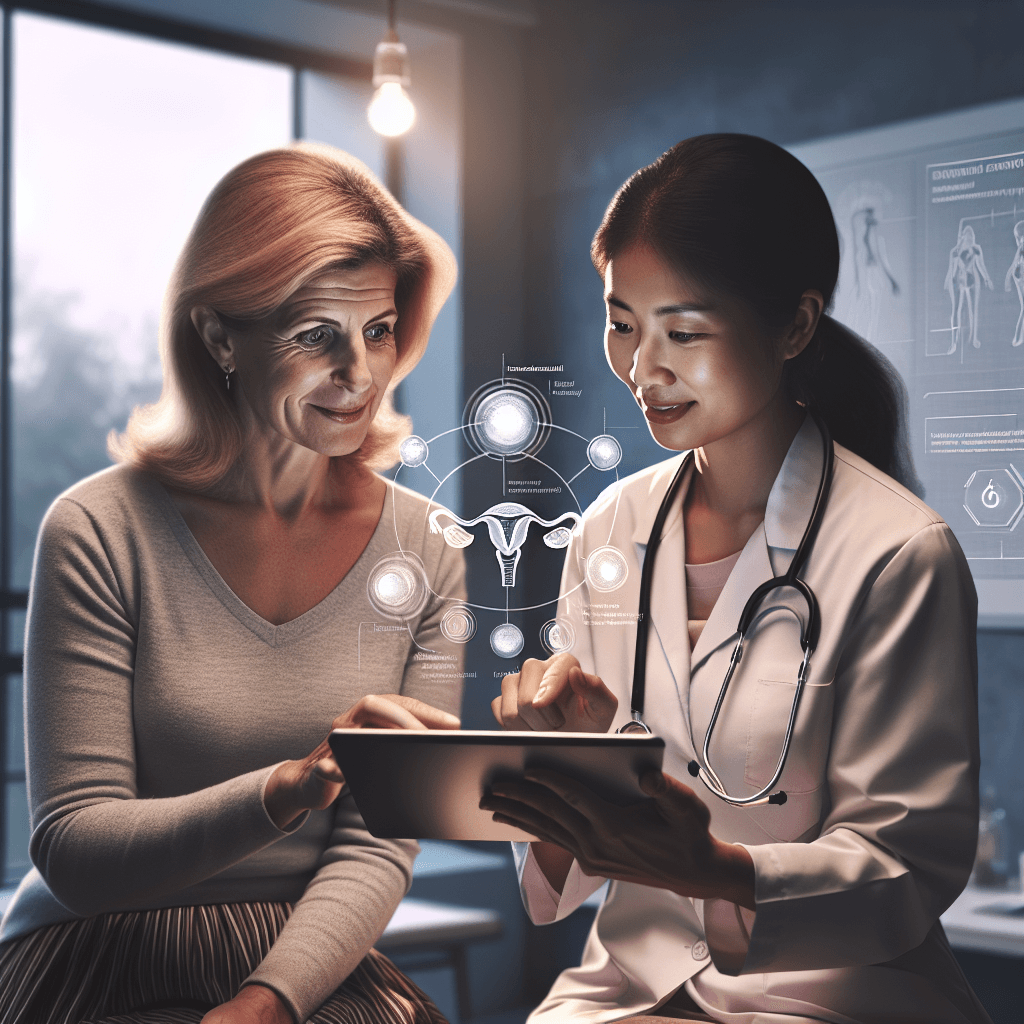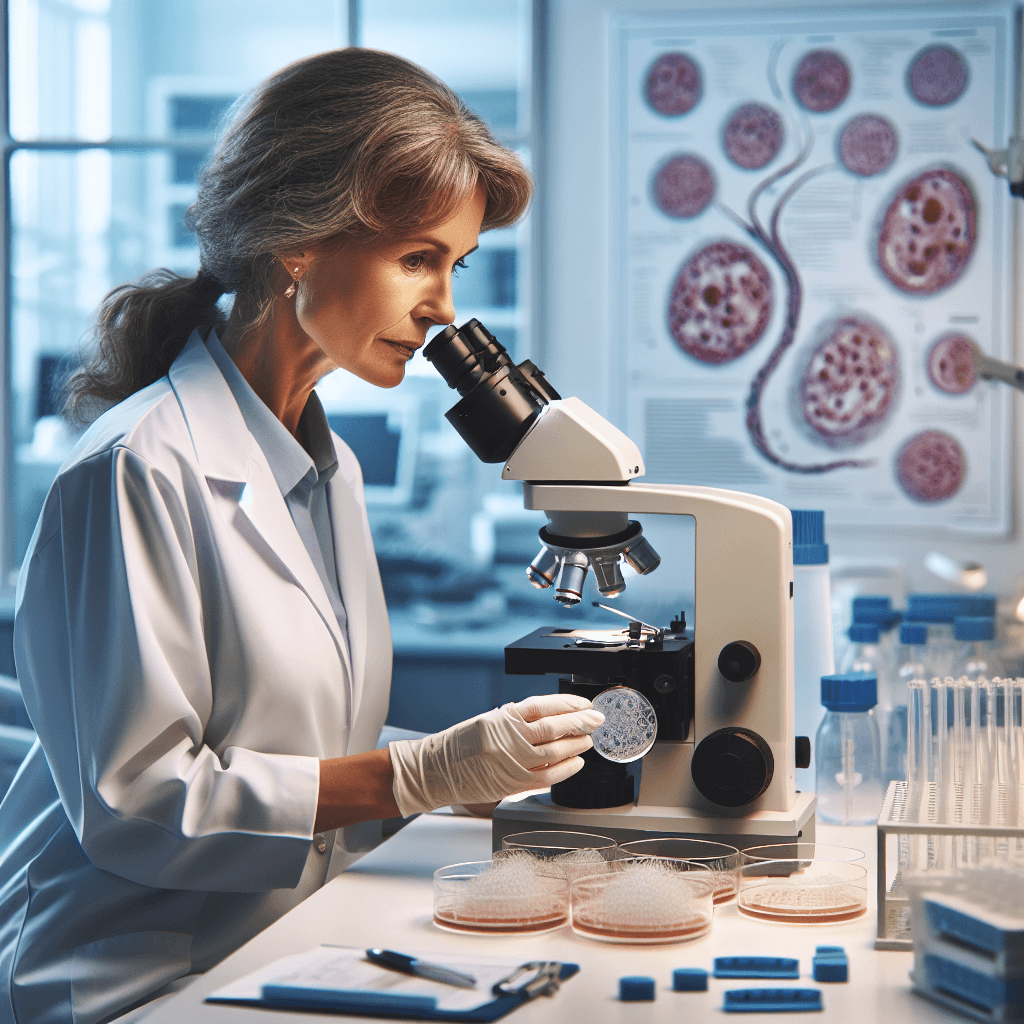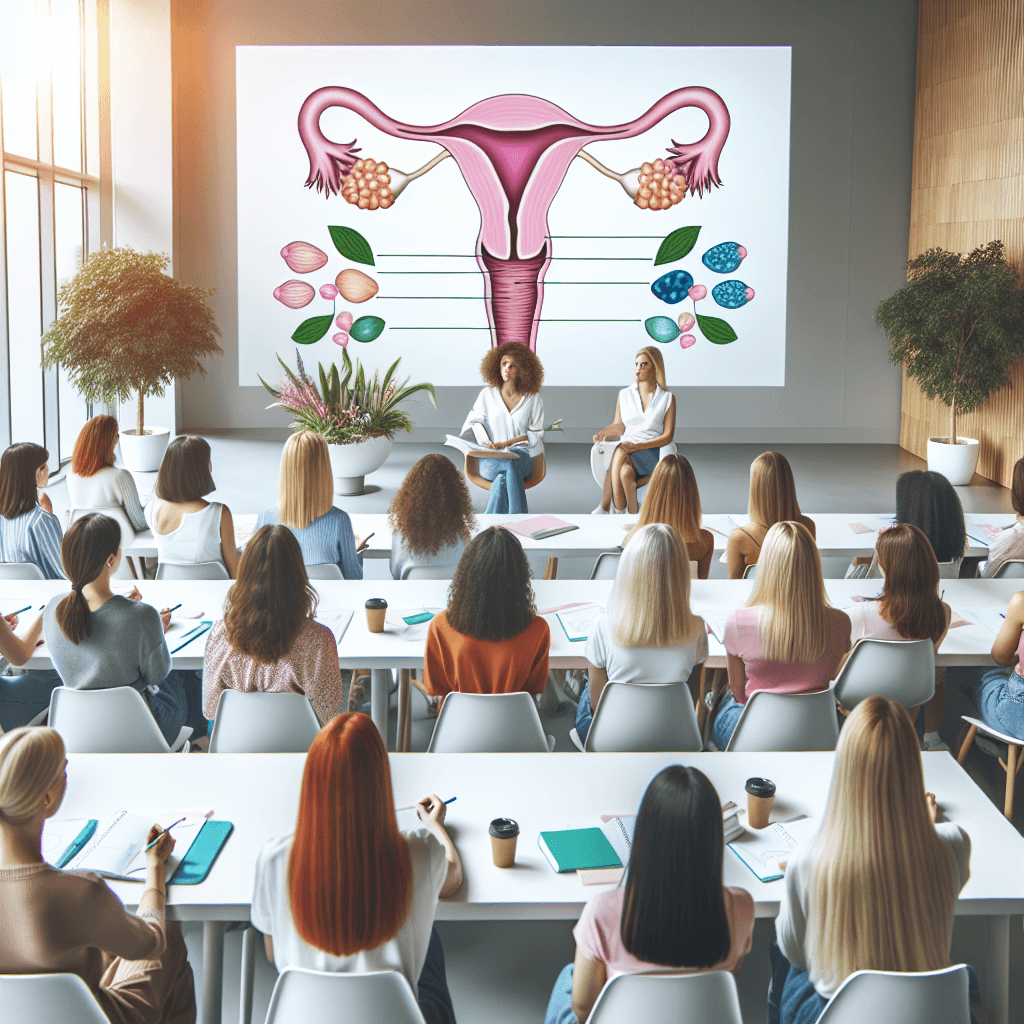
Why Do Ovaries Age Faster Than the Rest of the Body? Exploring The Science Behind Women's Longevity
Category: healthPublished: 11/05/2025Views: 97Likes: 79
The Remarkable Origin of Your Ovaries and Why They Matter
Did you ever realize that the very eggs that made you were first formed way before your birth, inside your mother’s womb, and even earlier in your grandmother’s uterus? It’s true—female fetuses start developing ovaries containing all the immature eggs they will ever have by about 20 weeks of pregnancy. That means your genetic material, particularly your X chromosome, has been with you for decades, long before you were even conceived. It's one of those fascinating, yet little-known facts about human biology.
Despite the essential role ovaries play in half the population, they remain somewhat mysterious in scientific and medical circles. For years, society mainly viewed women in terms of reproduction, overlooking how critical ovarian health is for overall well-being and longevity. But this perspective is beginning to shift. Experts now emphasize that ovaries have a huge influence on women's quality of life, vitality, and opportunities beyond producing children.
Understanding Ovarian Aging and Its Wide-Ranging Effects
Recently, the scientific world started to pay serious attention to how ovarian health impacts women’s aging and overall health. Researchers are eager to understand why ovaries seem to age much faster than any other organ in the body, which could be a crucial clue for extending healthy lifespan in women.
Ovaries are not just reproductive organs; they are the centerpieces orchestrating hormonal balance and overall female health, from puberty through to menopause and beyond. Yet, only a handful of researchers study ovarian aging in depth. As awareness grows, many scientists who once overlooked this organ are now dedicating themselves to uncovering its secrets.
For example, some experts describe their initial surprise at how little is known about ovaries—even among scientists—and how this realization propelled them into focusing their careers on ovarian health research. Their goal is to bridge the big gaps in knowledge and develop therapies that could help women maintain hormonal balance and physical vitality for much longer.

Ovarian Biology 101: What We Know About Your Ovaries
Let’s break down some basics: Ovaries are small, almond-shaped organs about the size of a kiwi that sit on either side of your uterus. Their job is to produce vital hormones such as estrogen and progesterone, while housing immature eggs called oocytes. These organs are made up of three layers––an outer coating, a connective middle zone containing follicles, and an inner layer with blood vessels and lymphatics.
At birth, a baby girl typically has between 1 to 2 million immature eggs, but this number declines steadily over her life, dropping by about 1,000 eggs each month once menstruation begins. By the time most women reach their late thirties, fewer than 25,000 eggs remain, and when the ovarian reserve dips near 1,000, the ovaries begin to function less efficiently, which signals the approach of menopause.
Despite knowing these facts, there are still everyday mysteries—for instance, why ovaries age twice as fast as other organs or why menopause happens in humans and only a very few other species. Researchers suspect ovaries may also produce other hormones we haven’t yet identified, adding to the organ’s complexity.
How Menopause and Ovarian Aging Impact Your Life and Health
Menopause isn't just about the end of periods; it’s a major turning point in a woman’s health and wellness. Women who experience menopause earlier than average—before age 45—face higher risks for heart problems and even premature death. Moreover, women who have their ovaries surgically removed before 50 without hormone therapy face increased health risks as well.
Most women reach menopause around age 52, but the timing can vary widely from about 45 to 58 years old. Since women typically live into their eighties, menopause means they spend roughly a third of their lives in a phase with significantly reduced ovarian function and lower estrogen levels—a hormone that affects multiple aspects of health.
Lower estrogen levels after menopause influence areas like bone density, heart health, brain function, sleep quality, and even mood. These changes often explain why many women suffer from new or worsening conditions like osteoporosis, cardiovascular disease, cognitive decline, and insomnia post-menopause.
Because estrogen receptors are abundant all over the female body, fluctuating and declining estrogen creates widespread effects. For example, women often see their cholesterol worsen and may gain weight around menopause, raising the risk of diabetes and heart diseases. On the cognitive side, 'brain fog' and memory struggles are common complaints.

Challenges and Progress in Ovarian Aging Research
Despite the critical importance of ovarian health, research on this topic faces many obstacles. For years, there has been limited funding and a lack of women’s inclusion in clinical studies, limiting our understanding of ovarian aging compared to male-focused research. This underfunding means innovation and discovery in women’s health have been much slower than they should be.
However, things are changing. Recent years saw the rise of new research groups and biotech companies dedicated to exploring ovarian aging. For example, Gameto and Oviva Therapeutics are developing new treatments aimed at slowing egg loss or preserving ovarian hormone production. These emerging companies use advanced technologies like lab-grown 'ovaries in a dish' to study aging processes safely.
Additionally, scientific projects like the Human Cell Atlas have mapped human ovary cells in detail, promising to revolutionize how we understand fertility and hormone health in the future. Legislative changes and increased public awareness on menopause and women’s health also help push more funding and attention toward ovarian research.
Stay Updated with Women's Spot Insights
Get the latest women's health tips, wellness advice, and expert insights delivered directly to your inbox.
We respect your privacy. Unsubscribe at any time.

Looking Ahead: How Advances in Ovarian Health Could Change Your Life
The ultimate goal of research in ovarian aging isn’t to ‘cure’ menopause but to help women align their ovarian health with the rest of their body’s aging process—so they can maintain vitality longer and avoid the health challenges traditionally linked with low ovarian function.
Imagine targeted treatments tailored for each stage of life—whether you’re a young woman hoping to preserve egg quality and fertility or entering perimenopause and wanting to manage hormonal shifts gracefully. Hormone therapy, for example, can still be a powerful tool for some women if used correctly, helping alleviate symptoms and reduce risks for bone and heart diseases.
Scientists are also exploring ways to slow down the rate at which eggs leave the ovarian reserve by boosting hormones like anti-Müllerian hormone (AMH), which regulates egg release. This could provide more time for family planning and prolong the healthy function of ovaries.
Importantly, the focus of these efforts is on enhancing quality of life, not chasing unrealistic goals like extreme lifespan extension. Most experts emphasize increasing health span—the number of years lived in good health—so women can enjoy an active, fulfilling life without the burden of age-related illnesses.
Ultimately, the future of ovarian health research promises personalized, effective options that support you across your life stages, empowering you to stay vibrant, connected, and thriving well into your later years.
Comments
No comments yet. Be the first to share your thoughts!